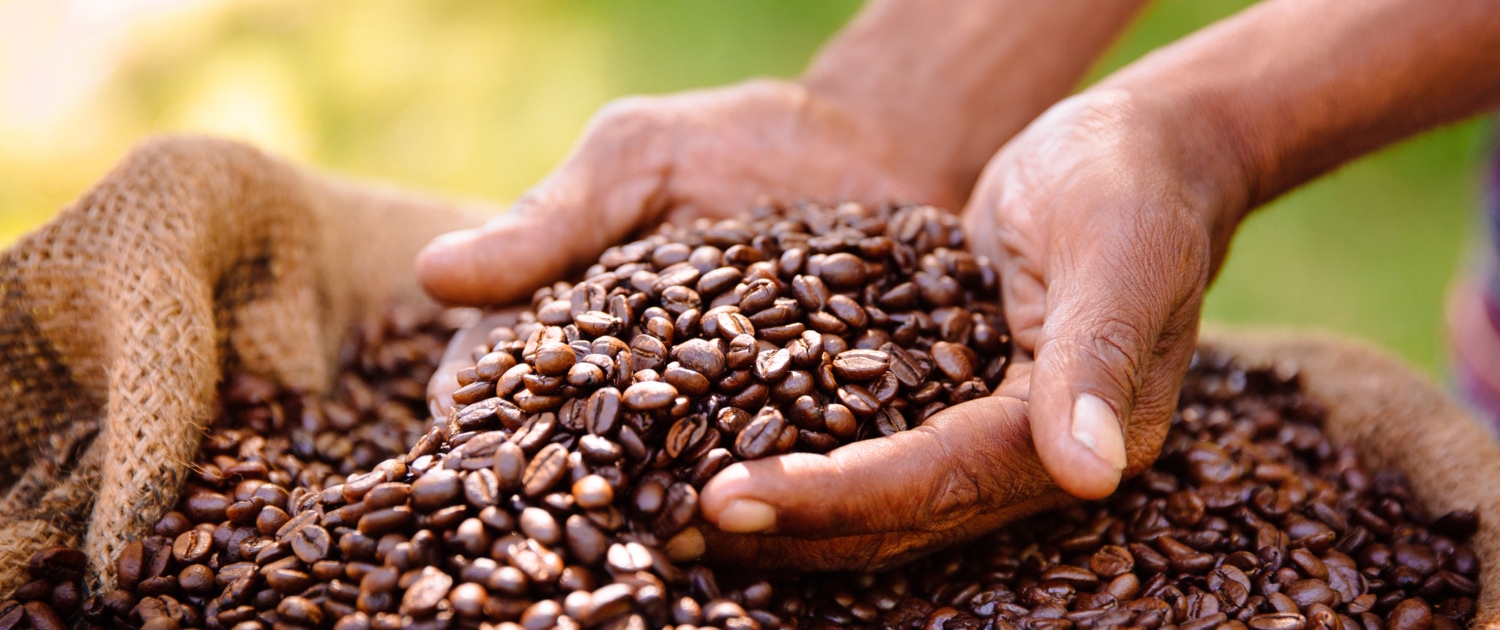What is Specialty Coffee?
– Everything You Need to Know –
Coffee is surely one of the greatest pleasures to enjoy in life.
There is a good reason why the empowering dark liquid is one of the most popular beverages in the world.
Firstly, our own created coffee universe offers with many fascinating and delicious coffee drink types.
Secondly, it provides many people with a well appreciated caffeine boost on a daily basis.
Thirdly, coffee also comes with a lot of great health benefits. In fact, some people even say that it makes them happier and live longer.
Since so many people love coffee and literally cannot imagine living without it. Many coffee enthusiasts, like ourselves, are constantly trying to improve the quality of coffee.
One of the newer terms and trends in our ever expanding coffee world is the type of specialty coffee.
However, not many people may be really familiar with the term and its meaning yet. So, what is actually specialty coffee?
It is supposedly higher graded and therefore better quality coffee. But, how, do you actually grade it?
Plus, how is specialty coffee different to labels like ‘third wave’ and ‘gourmet’, for example?
Let’s find out the answers together.
Here is everything you need to know about specialty coffee.
What is Specialty Coffee?
Technically speaking, specialty coffee is a term for the highest grade of coffee available.
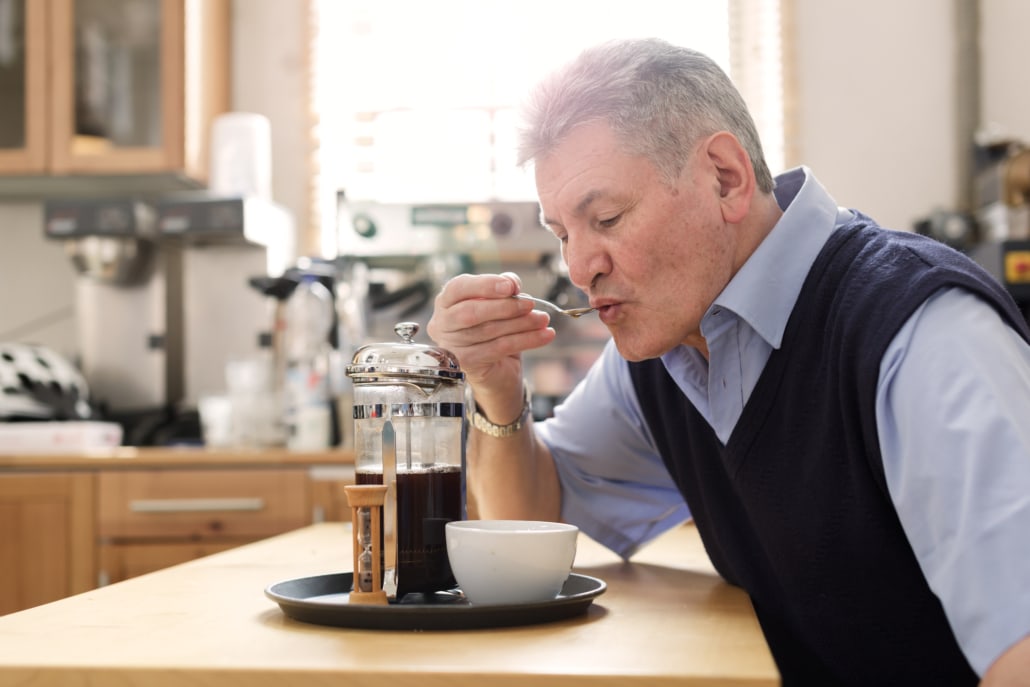
The top score for any coffee type would be 100. And, in order to be labeled as specialty coffee, the concerning coffee scores at least 80 points, or more.
Initially, the referring scale of 100 was introduced by the Specialty Coffee Association (SCA).
Typically, people are marketing specialty coffee differently from regular coffee. Because, the beans for specialty coffee usually grow at higher elevations.
Plus, you can trace the beans back to their original place and farm. And, the farmers usually harvest and also process their beans carefully.
In fact, every processing step from growing, harvesting, drying, roasting, grinding and brewing is monitored. This is to improve and to guarantee a certain level of quality. Namely at least 80 grade points.
The grading process itself is called coffee cupping.
Moreover, specialty coffee is mostly Arabica coffee with a common cup score of 80 plus points. Typically, certified Q graders are cupping the coffee.
Additionally, these Q graders will also look at sample sizes of the green, unroasted coffee beans. If they discover too many defects, this coffee will disqualify automatically.
And, this is also the main difference and what sets specialty coffee apart from ‘gourmet’ coffee. Because ‘gourmet’ coffee has generally not the same strict definition.
To be honest, ‘gourmet’ could really represent high quality coffee. Or, could also just be clever marketing.
The Evolution of Specialty Coffee
Nowadays, more and more coffee growing countries are putting increased focus on improving their coffee quality.
Of course, this typically has to start at the farm level already. The eventual goal is to improve their overall cup scorings and get at least 80 points sooner or later.
Currently, countries like Kenya, Ethiopia and Columbia are currently the main contributors when it comes to producing good and high amounts of specialty coffee.
Other smaller countries like India, Japan, Brazil and Indonesia are trying to catch up.
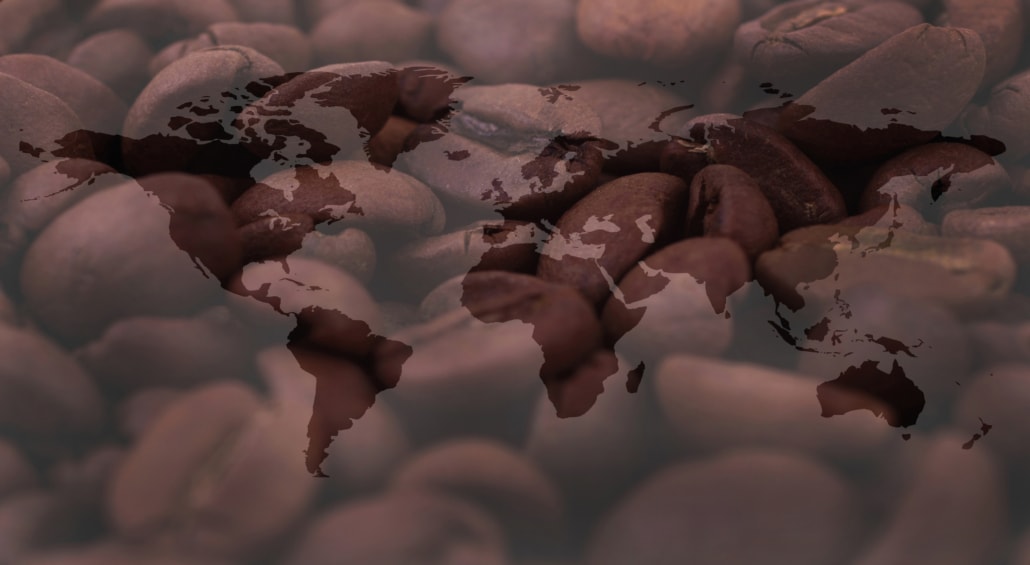
The term of specialty coffee first emerged in the Tea & Coffee Trade Journal in 1974. It described coffee beans being of highest quality. Typically, farmers are producing them in special microclimates.
Essentially, you are growing the beans at the assumingly perfect altitude. Plus, farmers make sure to grow them at the right time of the year and in good soil. After, they are harvesting them very carefully.
So, as you can imagine, specialty coffees require a lot of attention, patience and care.
As a result, farmers can then sell them at premium prizes. Commonly, these beans are bought directly by roasters or coffee traders directly.
Below, you can find the standard coffee grading overview.
The Q Grade Score Sheet
Score Grade Specialty Yes/No
90-100 Outstanding Yes
85-89.99 Excellent Yes
80-84.99 Very Good Yes
Below 80 No Grading No
The Process of Specialty Coffee Grading
Overall, Q graders will determine the quality of coffee with two major steps.
Firstly, the green coffee beans are graded on the basis of visual inspection. This is to see, if there are any irregularities such as defects.
Secondly, the coffee cupping process is taking place. This happens after the inspected coffee had been roasted already.
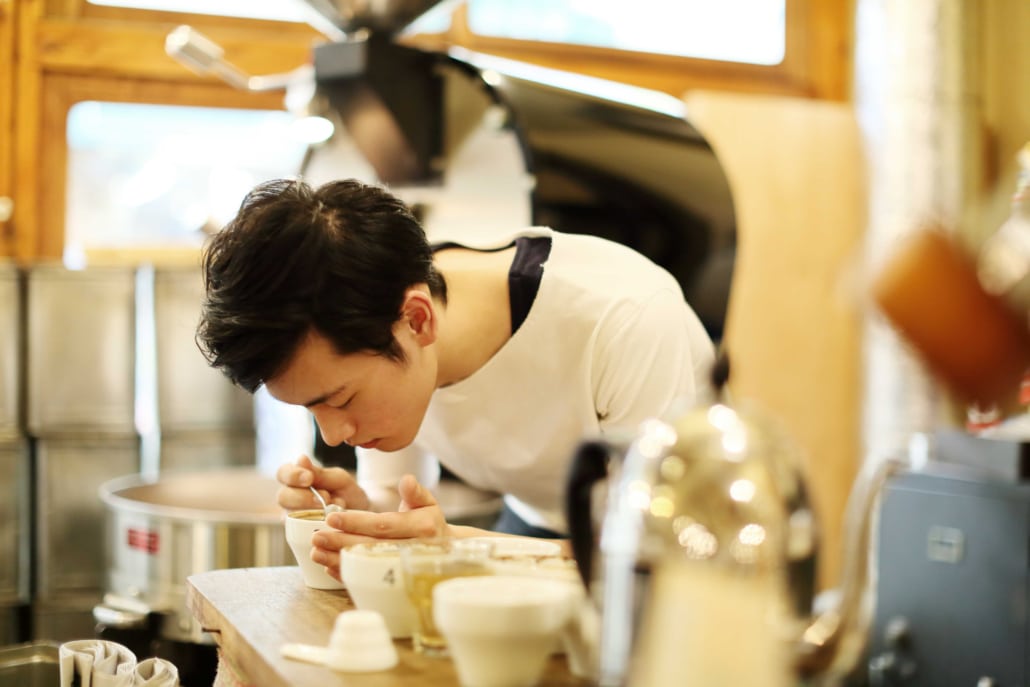
The step of visual inspection starts with taking a usual 350g sample size of green coffee beans. Next, you are literally counting all of the defective beans of that particular sample size.
In general, there are two categories of possible coffee bean defects.
Primary defects include items like black beans or sour beans. Whereas, secondary defects refer to broken beans, for example.
Eventually, the coffee is qualifying as ‘specialty’, if you are finding zero primary defects and less than only five secondary defects.
After, the process of coffee cupping will come into play.
Basically, this step involves roasting your coffee. Plus, you are simply brewing it. Which is happening by adding hot water to the ground beans.
Then, there are specific scores to be achieved for each of the common coffee quality attributes. Certified by the Q graders, these include points such as acidity, body, flavor, and aroma.
Additionally, a desired trademark of specialty coffee, as a whole, is that it goes beyond the quality of the beans.
Besides, the steps of processing, brewing and roasting, it is equally desired and important to have a great coffee experience in general.
The ‘Special’-ty Coffee Experience
So, according to the SCA, specialty coffee is about more than just a proper production and its processing after.
In fact, Ric Rhinehart, the Executive Director of the SCA stated the following about the idea of specialty coffee in 2009.
“The final experience is dependent on no single actor in the chain dropping the baton…. [We must] create a definition for specialty at each stage of the game.”
When the coffee beans have been properly processed and delivered to their respective roast masters. These coffee experts are trying to thoroughly understand the specific characteristics of this particular coffee type.
This will help them to eventually develop the most suitable roast profiles for it.
Nowadays, modern technology and machinery is helping a lot in this regard. Roasters can simply connect their advanced roasting machines to specialized computer systems.
Therefore, they are able to monitor the exact temperature during the roasting process. Additionally, these machines can also record the different variables during the roast cycle.
At first, skilled cupping roasters will maybe try a few different roast profiles. And finally, they will decide on one profile. Namely the one, which brings out the best out of that specific coffee bean type.
Furthermore, people are commonly roasting specialty coffee in small batches. This helps to better maintain freshness and monitor quality.
However, when it comes to the specifics of roasting coffee and developing roasting styles, as well as brewing methods. Many people will argue that this skill set actually falls under Third Wave Coffee.
Let’s have a look at some of the common controversies regarding this topic.
Specialty Coffee vs. Third Wave Coffee
Maybe you have heard people talking about Specialty Coffee shops and Third Wave Coffee shops already.
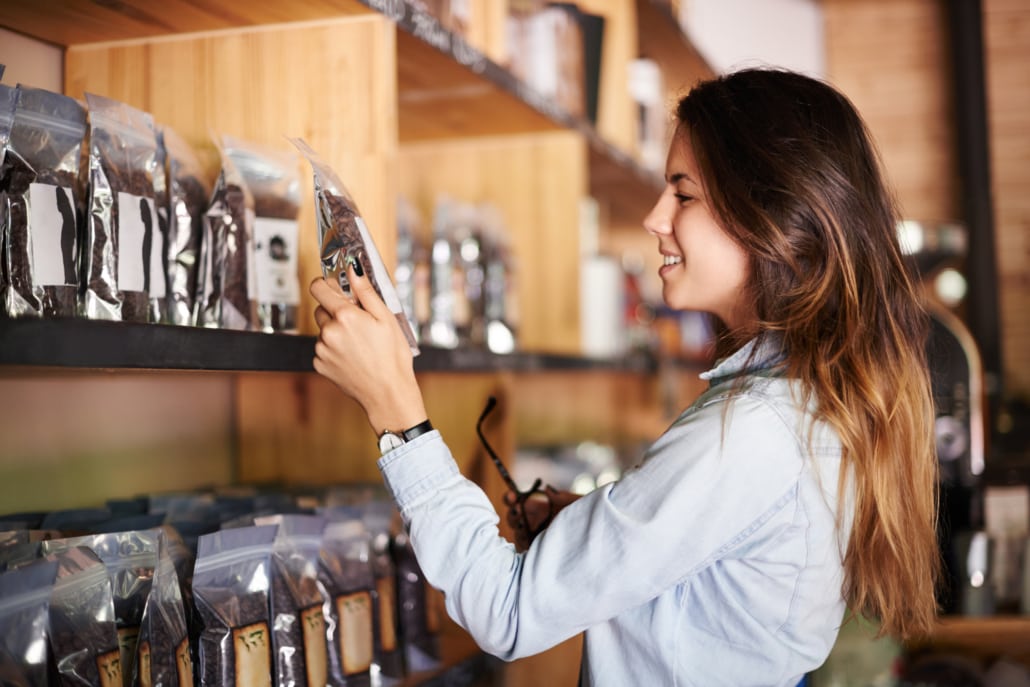
Some people will say that they are different. And, others will say that they are interchangeable. Essentially, one cannot be without the other and vice versa.
But, what are they exactly?
Well, Kris Schackman, who is the CEO of Five Elephant Coffee in Berlin, actually describes it very well.
“Think of a film. Specialty coffee is the picture, the film you’re watching, and third wave is the cinema you’re watching it in.”
Maybe, this is still a bit too confusing. Viktor Dobai, who is the Co-founder of the coffee subscription services Bean Bros, adds another example to it.
“Third wave coffee can be the movement that gives meaning to the coffee you’re drinking. You can learn where exactly the coffee grows, who the farmers are, what processing method they used after the harvest. It tells you the story behind it.”
So, if your beans are specialty coffee. Essentially, the features and measures surrounding it are third wave.
But, from here the discussion between specialty coffee and third wave can still go on and on. That’s maybe also the entire beauty of our own created coffee universe.
It gives us endless ways and opportunities to express and pursue our very own coffee experiences and desires.
Actually, the SCA gives quite specific recommendations for brewing specialty coffee. These include details about dosage, temperature, contact time and others.
But some coffee lovers like to brew their beans this way and others another way. You may then call your creation specialty or third wave.
The ‘Third Wave Dilemma’ for Specialty Coffee
In general, specialty coffee and Third Wave Coffee don’t necessarily have to go together. However, they can support and complement each other quite well.
Nonetheless, not every coffee enthusiast agrees with the concept of Third Wave Coffee. Some people find it quite unapproachable. In other words, it may be a bit ‘over-the-top’.
Therefore, some coffee drinkers have difficulties really relating to it. It’s simply not something for them. And, they don’t really want it or see the need for it.
For example, you can have a fairly high-quality coffee with a grade of 86+. Plus, it is brewed perfectly.
But, if the consumers, namely you and me, do not understand what is behind it. Then, it sadly doesn’t actually matter how good the coffee may be.
The coffee industry and concepts like Third Wave Coffee sometimes find it difficult having the tools and information to explain their knowledge and ideas to others.
People like to be informed in an understandable way.
Specialty Coffee and its Different Interpretations
Overall, there are various definitions of specialty coffee around the world.
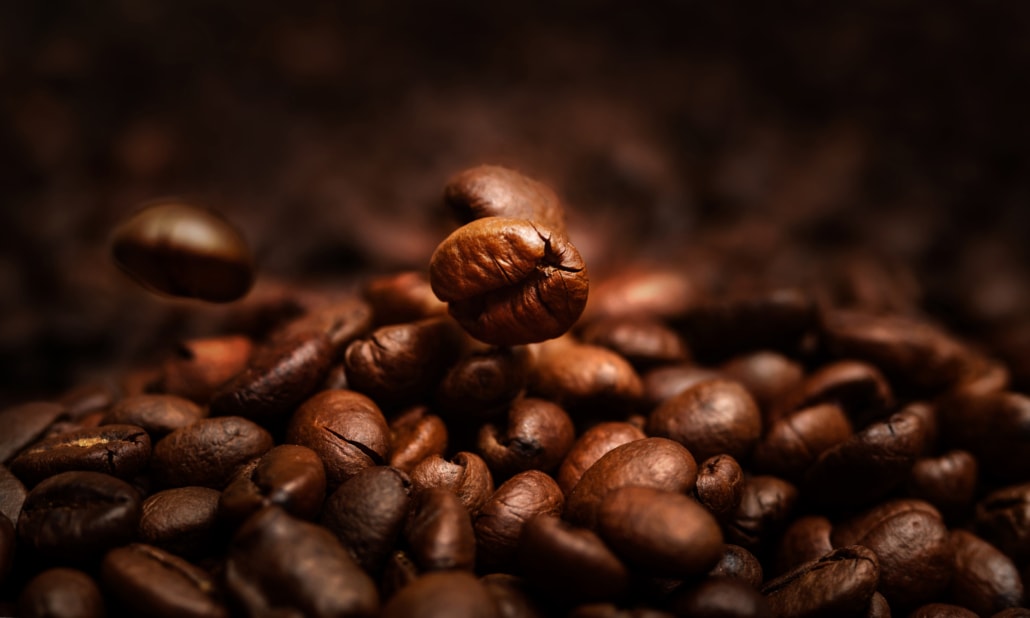
Firstly and as we highlighted already, the SCA provides rather strict guidelines. And, the majority of specialty coffee professionals will follow along with these.
However, you can also find different interpretations and perspectives. Furthermore, these varying approaches can help us understand the role of coffee in other people’s lives and cultures.
Actually, when most people think of specialty coffee. They simply think that specialty coffee stands for great coffee.
Every coffee lover may have a different understanding on what good or great coffee is. There are surely different opinions how one should best process, roast and brew good coffee.
In addition, coffee experts often like to point out the differences between the understanding of specialty in coffee-growing countries and primary coffee-consuming nations.
Not every place or culture has the proper understanding of what specialty coffee may actually stand for. This is both concerning coffee producers and consumers.
How to Communicate Specialty Coffee
At first sight, one could say that the coffee producers should have the responsibility to ‘educate’ people about the meaning and details of specialty coffee.
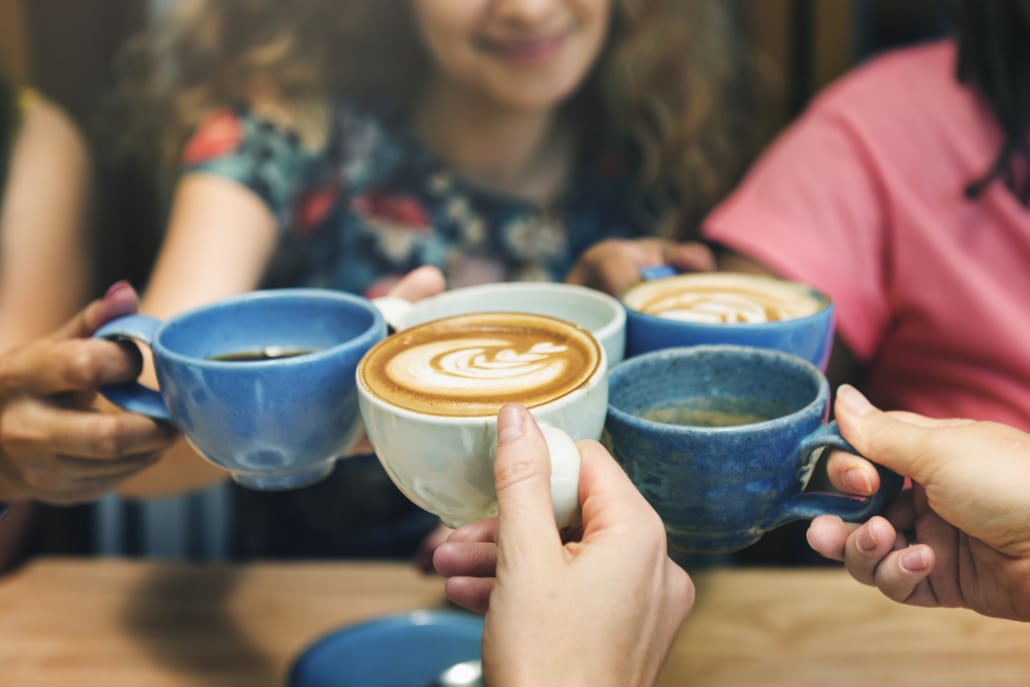
However, these producers usually don’t have all of the necessary information on hand in the first place.
Plus, they also typically don’t own or have access to tools enabling them to properly evaluate their coffee’s quality.
Often times, quality control is only done by sight. Simply put, if the coffee beans look good enough, they are considered good in general.
But, this is actually not enough.
Especially coffee producers should have better opportunities learning and understanding coffee cupping, brewing, roasting and more.
Because, all of these aspects play a role whether your coffee is good or not.
Nowadays, one way to better communicate and share things is via various social media channels, for example.
Coffee farmers can use these online platforms to better connect to their actual customers. They can showcase their methods and understanding.
At the same time, they can learn about the needs and preferences of the end-consumers in a more direct way as well.
In general, more direct and interactive communication in any way is important.
This way, you can better improve the product and react to any producer’s or customer’s needs.
Eventually, you can establish understanding and further build truly beneficial relationships with producers, farmers and buyers.
You can directly talk to and connect with people being interested in quality coffee the same way you are.
Because, at the end of the day, it is all about creating great coffee for us.
The Bottom Line
Throughout the recent years, specialty coffee has become more and more popular.
In fact, the specialty coffee market is rapidly gaining traction all over the world. There is a clear demand for it. Many coffee lovers simply appreciate the concept and its ideas behind it.
There may be different opinions, measures and interpretations. But the common goal is the same. Creating good coffee and improving standards for both the producers and consumers.
Typically, these coffee producers are carefully harvesting and processing their coffee crops. After, Q graders are searching and determining best possible flavor profiles.
Furthermore, roasters are experimenting and optimizing different roast styles. And finally, baristas and coffee makers are carefully and properly setting up their coffee equipment.
All of this happens for one reason alone.
Namely, offering the best possible coffee experience for you and me.
So, the actual question is. What is good coffee for you?
And, what does specialty coffee mean to you? In your opinion, what are the important standards and aspects when it comes to specialty coffee?
What do we have to know or be aware of? Are you regularly drinking specialty coffee?
Feel free to share your thoughts and experiences with us.
Until then, stay safe, healthy and properly caffeinated.
Cheers!
Related Posts
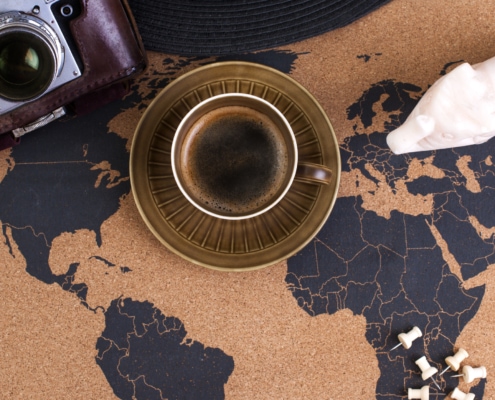 https://www.siamhillscoffee.com/wp-content/uploads/iStock-1074560652.jpg
1414
2121
Siamhillscoffee
https://www.siamhillscoffee.com/wp-content/uploads/coffee-logo.png
Siamhillscoffee2021-04-25 11:37:482021-04-25 11:37:488 Fascinating Facts About The History of Coffee – ‘A Drink For The Devil’ –
https://www.siamhillscoffee.com/wp-content/uploads/iStock-1074560652.jpg
1414
2121
Siamhillscoffee
https://www.siamhillscoffee.com/wp-content/uploads/coffee-logo.png
Siamhillscoffee2021-04-25 11:37:482021-04-25 11:37:488 Fascinating Facts About The History of Coffee – ‘A Drink For The Devil’ –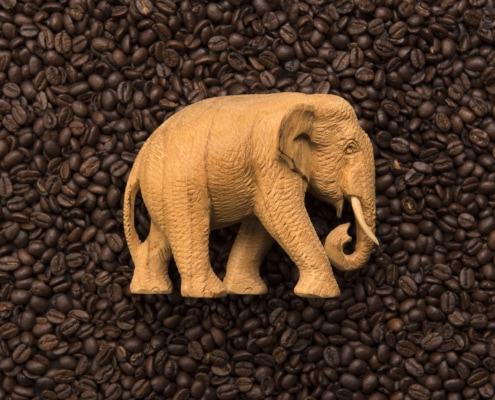 https://www.siamhillscoffee.com/wp-content/uploads/Elephant-coffee-–-The-new-luxury-coffee-–-How-great-is-it-1.jpg
1445
2075
Siamhillscoffee
https://www.siamhillscoffee.com/wp-content/uploads/coffee-logo.png
Siamhillscoffee2021-04-25 11:23:422021-04-25 11:23:42Elephant coffee – The new luxury coffee – How great is it?
https://www.siamhillscoffee.com/wp-content/uploads/Elephant-coffee-–-The-new-luxury-coffee-–-How-great-is-it-1.jpg
1445
2075
Siamhillscoffee
https://www.siamhillscoffee.com/wp-content/uploads/coffee-logo.png
Siamhillscoffee2021-04-25 11:23:422021-04-25 11:23:42Elephant coffee – The new luxury coffee – How great is it?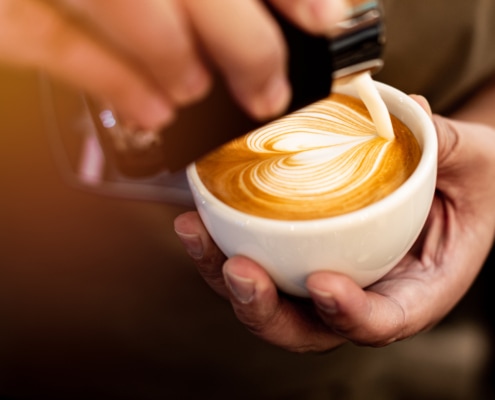 https://www.siamhillscoffee.com/wp-content/uploads/Is-Latte-Art-Good-or-Bad-–-Does-Latte-Art-Make-our-Coffee-Better-or-Worse-–-1.jpg
1412
2122
Siamhillscoffee
https://www.siamhillscoffee.com/wp-content/uploads/coffee-logo.png
Siamhillscoffee2021-04-25 10:57:092021-04-25 11:02:29Is Latte Art Good or Bad? – Does Latte Art Make our Coffee Better or Worse? –
https://www.siamhillscoffee.com/wp-content/uploads/Is-Latte-Art-Good-or-Bad-–-Does-Latte-Art-Make-our-Coffee-Better-or-Worse-–-1.jpg
1412
2122
Siamhillscoffee
https://www.siamhillscoffee.com/wp-content/uploads/coffee-logo.png
Siamhillscoffee2021-04-25 10:57:092021-04-25 11:02:29Is Latte Art Good or Bad? – Does Latte Art Make our Coffee Better or Worse? –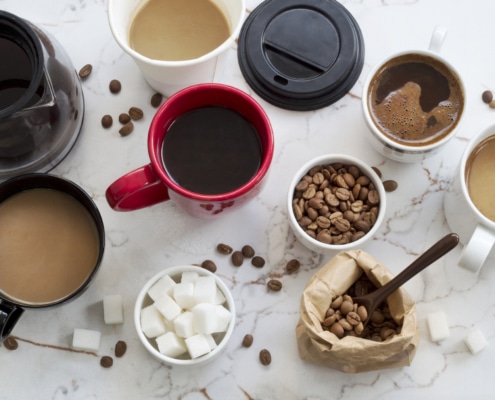 https://www.siamhillscoffee.com/wp-content/uploads/Filter-Coffee-and-Espresso-–-What-is-the-Difference-–-1.jpg
1397
2146
Siamhillscoffee
https://www.siamhillscoffee.com/wp-content/uploads/coffee-logo.png
Siamhillscoffee2021-04-03 02:55:042021-04-03 02:55:04Filter Coffee and Espresso – What is the Difference? –
https://www.siamhillscoffee.com/wp-content/uploads/Filter-Coffee-and-Espresso-–-What-is-the-Difference-–-1.jpg
1397
2146
Siamhillscoffee
https://www.siamhillscoffee.com/wp-content/uploads/coffee-logo.png
Siamhillscoffee2021-04-03 02:55:042021-04-03 02:55:04Filter Coffee and Espresso – What is the Difference? –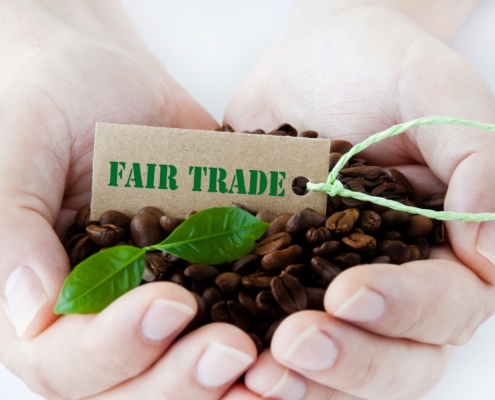 https://www.siamhillscoffee.com/wp-content/uploads/Coffee-and-Fair-Trade-–-Is-Fair-Trade-Coffee-Good-or-Bad-–-1.jpg
1414
2121
Siamhillscoffee
https://www.siamhillscoffee.com/wp-content/uploads/coffee-logo.png
Siamhillscoffee2021-03-21 04:14:092021-03-21 04:14:09Coffee and Fair Trade – Is Fair Trade Coffee Good or Bad? –
https://www.siamhillscoffee.com/wp-content/uploads/Coffee-and-Fair-Trade-–-Is-Fair-Trade-Coffee-Good-or-Bad-–-1.jpg
1414
2121
Siamhillscoffee
https://www.siamhillscoffee.com/wp-content/uploads/coffee-logo.png
Siamhillscoffee2021-03-21 04:14:092021-03-21 04:14:09Coffee and Fair Trade – Is Fair Trade Coffee Good or Bad? –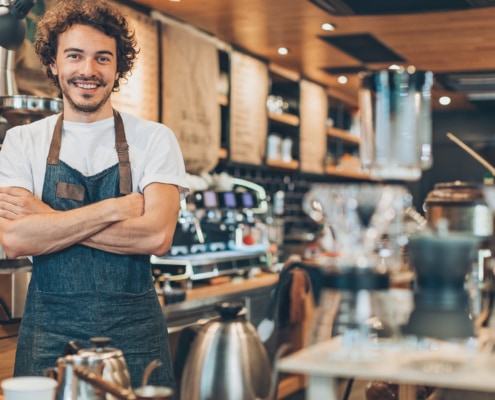 https://www.siamhillscoffee.com/wp-content/uploads/How-To-Open-A-Coffee-Shop-The-Coffee-Shop-Equipment-List-You-Need-1.jpg
1414
2121
Siamhillscoffee
https://www.siamhillscoffee.com/wp-content/uploads/coffee-logo.png
Siamhillscoffee2021-03-21 04:08:192021-03-21 04:08:19How To Open A Coffee Shop – The Coffee Shop Equipment List You Need
https://www.siamhillscoffee.com/wp-content/uploads/How-To-Open-A-Coffee-Shop-The-Coffee-Shop-Equipment-List-You-Need-1.jpg
1414
2121
Siamhillscoffee
https://www.siamhillscoffee.com/wp-content/uploads/coffee-logo.png
Siamhillscoffee2021-03-21 04:08:192021-03-21 04:08:19How To Open A Coffee Shop – The Coffee Shop Equipment List You Need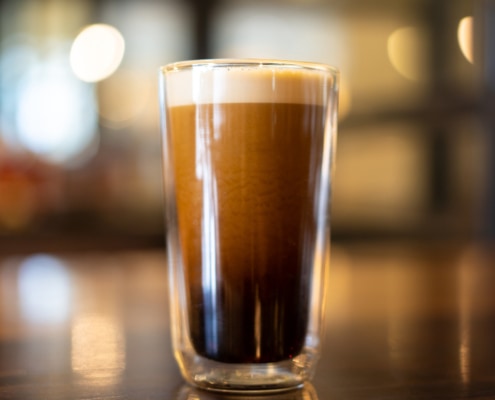 https://www.siamhillscoffee.com/wp-content/uploads/Beer-Coffee-Everybodys-Dream-Come-True-–-1.jpg
1414
2121
Siamhillscoffee
https://www.siamhillscoffee.com/wp-content/uploads/coffee-logo.png
Siamhillscoffee2021-03-14 03:21:082021-03-14 03:21:08Beer Coffee – Everybody’s Dream Come True –
https://www.siamhillscoffee.com/wp-content/uploads/Beer-Coffee-Everybodys-Dream-Come-True-–-1.jpg
1414
2121
Siamhillscoffee
https://www.siamhillscoffee.com/wp-content/uploads/coffee-logo.png
Siamhillscoffee2021-03-14 03:21:082021-03-14 03:21:08Beer Coffee – Everybody’s Dream Come True – https://www.siamhillscoffee.com/wp-content/uploads/Coffee-Cupping-–-How-to-Professionally-Taste-Coffee-–-1-scaled.jpg
1707
2560
Siamhillscoffee
https://www.siamhillscoffee.com/wp-content/uploads/coffee-logo.png
Siamhillscoffee2021-02-20 05:38:122021-03-03 10:43:47Coffee Cupping – How to Professionally Taste Coffee –
https://www.siamhillscoffee.com/wp-content/uploads/Coffee-Cupping-–-How-to-Professionally-Taste-Coffee-–-1-scaled.jpg
1707
2560
Siamhillscoffee
https://www.siamhillscoffee.com/wp-content/uploads/coffee-logo.png
Siamhillscoffee2021-02-20 05:38:122021-03-03 10:43:47Coffee Cupping – How to Professionally Taste Coffee –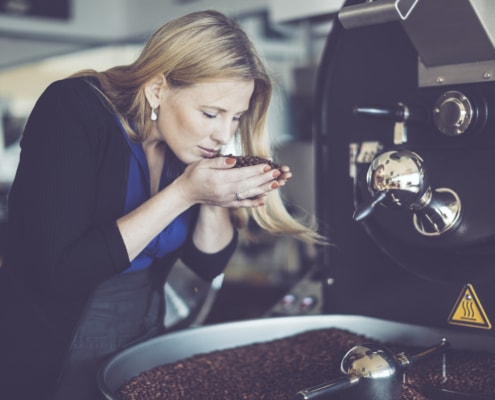 https://www.siamhillscoffee.com/wp-content/uploads/What-is-Coffee-Roasting-–-Everything-You-Need-to-Know-–-1.jpg
1414
2121
Siamhillscoffee
https://www.siamhillscoffee.com/wp-content/uploads/coffee-logo.png
Siamhillscoffee2021-02-20 05:19:592021-03-03 10:49:15What is Coffee Roasting? – Everything You Need to Know –
https://www.siamhillscoffee.com/wp-content/uploads/What-is-Coffee-Roasting-–-Everything-You-Need-to-Know-–-1.jpg
1414
2121
Siamhillscoffee
https://www.siamhillscoffee.com/wp-content/uploads/coffee-logo.png
Siamhillscoffee2021-02-20 05:19:592021-03-03 10:49:15What is Coffee Roasting? – Everything You Need to Know –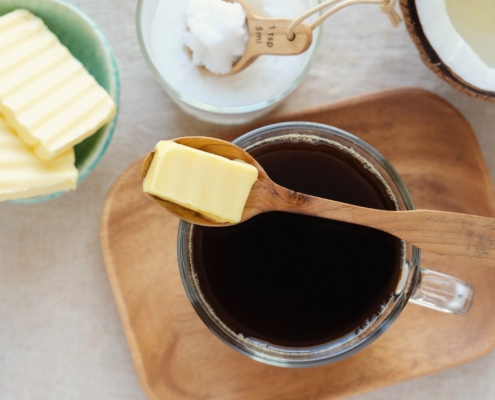 https://www.siamhillscoffee.com/wp-content/uploads/Butter-Coffee-Myths-versus-Facts-–-1.jpg
1414
2121
Siamhillscoffee
https://www.siamhillscoffee.com/wp-content/uploads/coffee-logo.png
Siamhillscoffee2021-02-20 05:14:182021-03-03 10:50:40Butter Coffee – Myths versus Facts –
https://www.siamhillscoffee.com/wp-content/uploads/Butter-Coffee-Myths-versus-Facts-–-1.jpg
1414
2121
Siamhillscoffee
https://www.siamhillscoffee.com/wp-content/uploads/coffee-logo.png
Siamhillscoffee2021-02-20 05:14:182021-03-03 10:50:40Butter Coffee – Myths versus Facts –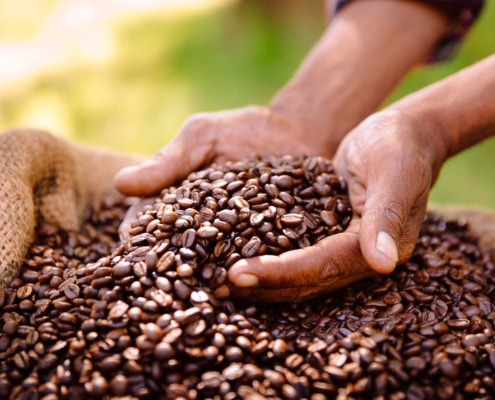 https://www.siamhillscoffee.com/wp-content/uploads/What-is-Specialty-Coffee-–-Everything-You-Need-to-Know-–-1-1.jpg
1414
2121
Siamhillscoffee
https://www.siamhillscoffee.com/wp-content/uploads/coffee-logo.png
Siamhillscoffee2021-02-20 05:10:372021-03-03 10:51:58What is Specialty Coffee? – Everything You Need to Know –
https://www.siamhillscoffee.com/wp-content/uploads/What-is-Specialty-Coffee-–-Everything-You-Need-to-Know-–-1-1.jpg
1414
2121
Siamhillscoffee
https://www.siamhillscoffee.com/wp-content/uploads/coffee-logo.png
Siamhillscoffee2021-02-20 05:10:372021-03-03 10:51:58What is Specialty Coffee? – Everything You Need to Know –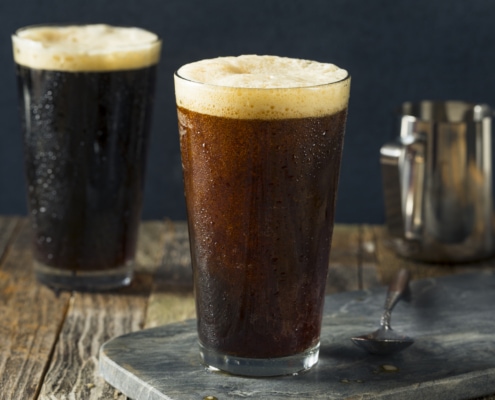 https://www.siamhillscoffee.com/wp-content/uploads/Nitro-Coffee-The-New-Big-Coffee-Trend-–-1.jpg
1414
2121
Siamhillscoffee
https://www.siamhillscoffee.com/wp-content/uploads/coffee-logo.png
Siamhillscoffee2021-02-20 05:03:032021-03-03 10:53:11Nitro Coffee – The New Big Coffee Trend –
https://www.siamhillscoffee.com/wp-content/uploads/Nitro-Coffee-The-New-Big-Coffee-Trend-–-1.jpg
1414
2121
Siamhillscoffee
https://www.siamhillscoffee.com/wp-content/uploads/coffee-logo.png
Siamhillscoffee2021-02-20 05:03:032021-03-03 10:53:11Nitro Coffee – The New Big Coffee Trend – https://www.siamhillscoffee.com/wp-content/uploads/Make-Your-Coffee-Healthy-–-Best-10-Ways-For-A-Better-Coffee-Experience-–-1.jpg
1414
2121
Siamhillscoffee
https://www.siamhillscoffee.com/wp-content/uploads/coffee-logo.png
Siamhillscoffee2021-02-12 08:13:182021-03-03 10:57:16Make Your Coffee Healthy – Best 10 Ways For A Better Coffee Experience –
https://www.siamhillscoffee.com/wp-content/uploads/Make-Your-Coffee-Healthy-–-Best-10-Ways-For-A-Better-Coffee-Experience-–-1.jpg
1414
2121
Siamhillscoffee
https://www.siamhillscoffee.com/wp-content/uploads/coffee-logo.png
Siamhillscoffee2021-02-12 08:13:182021-03-03 10:57:16Make Your Coffee Healthy – Best 10 Ways For A Better Coffee Experience – https://www.siamhillscoffee.com/wp-content/uploads/Decaf-Coffee-–-Is-Decaffeinated-Coffee-Good-or-Bad-–-1.jpg
1415
2120
Siamhillscoffee
https://www.siamhillscoffee.com/wp-content/uploads/coffee-logo.png
Siamhillscoffee2021-02-12 07:57:572021-03-03 11:01:42Decaf Coffee – Is Decaffeinated Coffee Good or Bad? –
https://www.siamhillscoffee.com/wp-content/uploads/Decaf-Coffee-–-Is-Decaffeinated-Coffee-Good-or-Bad-–-1.jpg
1415
2120
Siamhillscoffee
https://www.siamhillscoffee.com/wp-content/uploads/coffee-logo.png
Siamhillscoffee2021-02-12 07:57:572021-03-03 11:01:42Decaf Coffee – Is Decaffeinated Coffee Good or Bad? –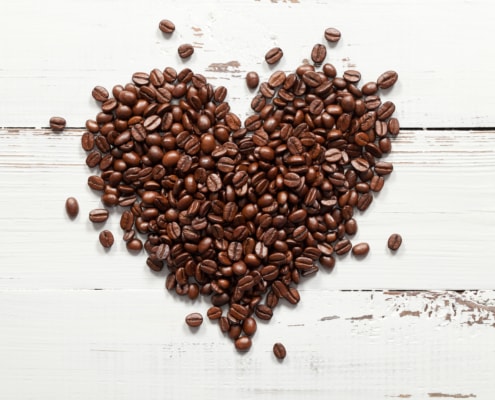 https://www.siamhillscoffee.com/wp-content/uploads/We-Love-Coffee-–-10-Best-Reasons-Why-Coffee-is-Good-For-You-1-scaled.jpg
1707
2560
Siamhillscoffee
https://www.siamhillscoffee.com/wp-content/uploads/coffee-logo.png
Siamhillscoffee2021-02-12 07:43:082021-03-03 11:05:47We Love Coffee – 10 Best Reasons Why Coffee is Good For You –
https://www.siamhillscoffee.com/wp-content/uploads/We-Love-Coffee-–-10-Best-Reasons-Why-Coffee-is-Good-For-You-1-scaled.jpg
1707
2560
Siamhillscoffee
https://www.siamhillscoffee.com/wp-content/uploads/coffee-logo.png
Siamhillscoffee2021-02-12 07:43:082021-03-03 11:05:47We Love Coffee – 10 Best Reasons Why Coffee is Good For You –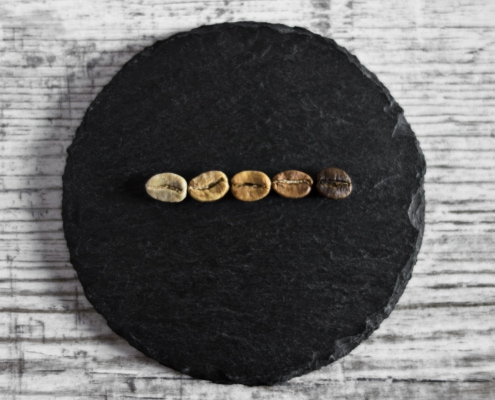 https://www.siamhillscoffee.com/wp-content/uploads/Coffee-Roast-Levels-1-scaled.jpg
1707
2560
Siamhillscoffee
https://www.siamhillscoffee.com/wp-content/uploads/coffee-logo.png
Siamhillscoffee2021-02-12 06:58:112021-03-03 11:44:54Coffee Roast Levels – The Differences Between Light, Medium and Dark Roasts –
https://www.siamhillscoffee.com/wp-content/uploads/Coffee-Roast-Levels-1-scaled.jpg
1707
2560
Siamhillscoffee
https://www.siamhillscoffee.com/wp-content/uploads/coffee-logo.png
Siamhillscoffee2021-02-12 06:58:112021-03-03 11:44:54Coffee Roast Levels – The Differences Between Light, Medium and Dark Roasts –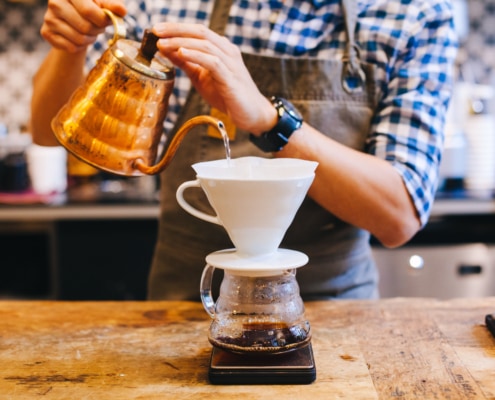 https://www.siamhillscoffee.com/wp-content/uploads/What-is-a-Filter-Coffee-–-A-Complete-Guide-–-1-scaled.jpg
1707
2560
Siamhillscoffee
https://www.siamhillscoffee.com/wp-content/uploads/coffee-logo.png
Siamhillscoffee2021-02-12 06:44:562021-03-03 11:48:24What is a Filter Coffee? – A Complete Guide –
https://www.siamhillscoffee.com/wp-content/uploads/What-is-a-Filter-Coffee-–-A-Complete-Guide-–-1-scaled.jpg
1707
2560
Siamhillscoffee
https://www.siamhillscoffee.com/wp-content/uploads/coffee-logo.png
Siamhillscoffee2021-02-12 06:44:562021-03-03 11:48:24What is a Filter Coffee? – A Complete Guide –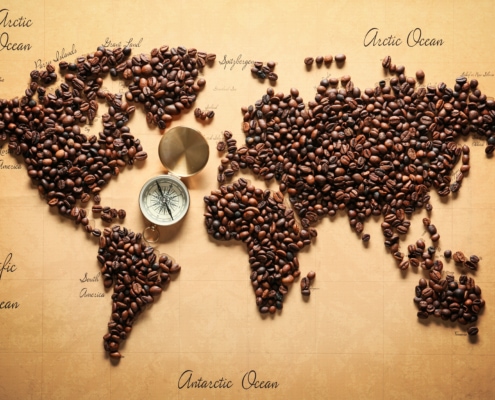 https://www.siamhillscoffee.com/wp-content/uploads/History-of-Coffee-1-scaled.jpg
1707
2560
Siamhillscoffee
https://www.siamhillscoffee.com/wp-content/uploads/coffee-logo.png
Siamhillscoffee2021-02-12 05:47:432021-03-03 11:53:23History of Coffee – Where it Comes From and Conquered the World –
https://www.siamhillscoffee.com/wp-content/uploads/History-of-Coffee-1-scaled.jpg
1707
2560
Siamhillscoffee
https://www.siamhillscoffee.com/wp-content/uploads/coffee-logo.png
Siamhillscoffee2021-02-12 05:47:432021-03-03 11:53:23History of Coffee – Where it Comes From and Conquered the World –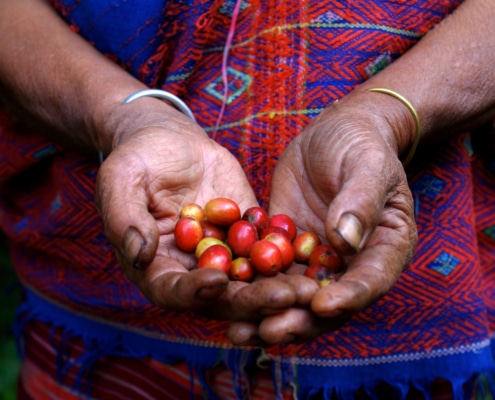 https://www.siamhillscoffee.com/wp-content/uploads/Fair-Trade-Coffee-–-What-Does-it-Really-Mean-1-scaled.jpg
1714
2560
Siamhillscoffee
https://www.siamhillscoffee.com/wp-content/uploads/coffee-logo.png
Siamhillscoffee2021-02-12 05:30:322021-03-03 11:57:01Fair Trade Coffee – What Does it Really Mean? –
https://www.siamhillscoffee.com/wp-content/uploads/Fair-Trade-Coffee-–-What-Does-it-Really-Mean-1-scaled.jpg
1714
2560
Siamhillscoffee
https://www.siamhillscoffee.com/wp-content/uploads/coffee-logo.png
Siamhillscoffee2021-02-12 05:30:322021-03-03 11:57:01Fair Trade Coffee – What Does it Really Mean? –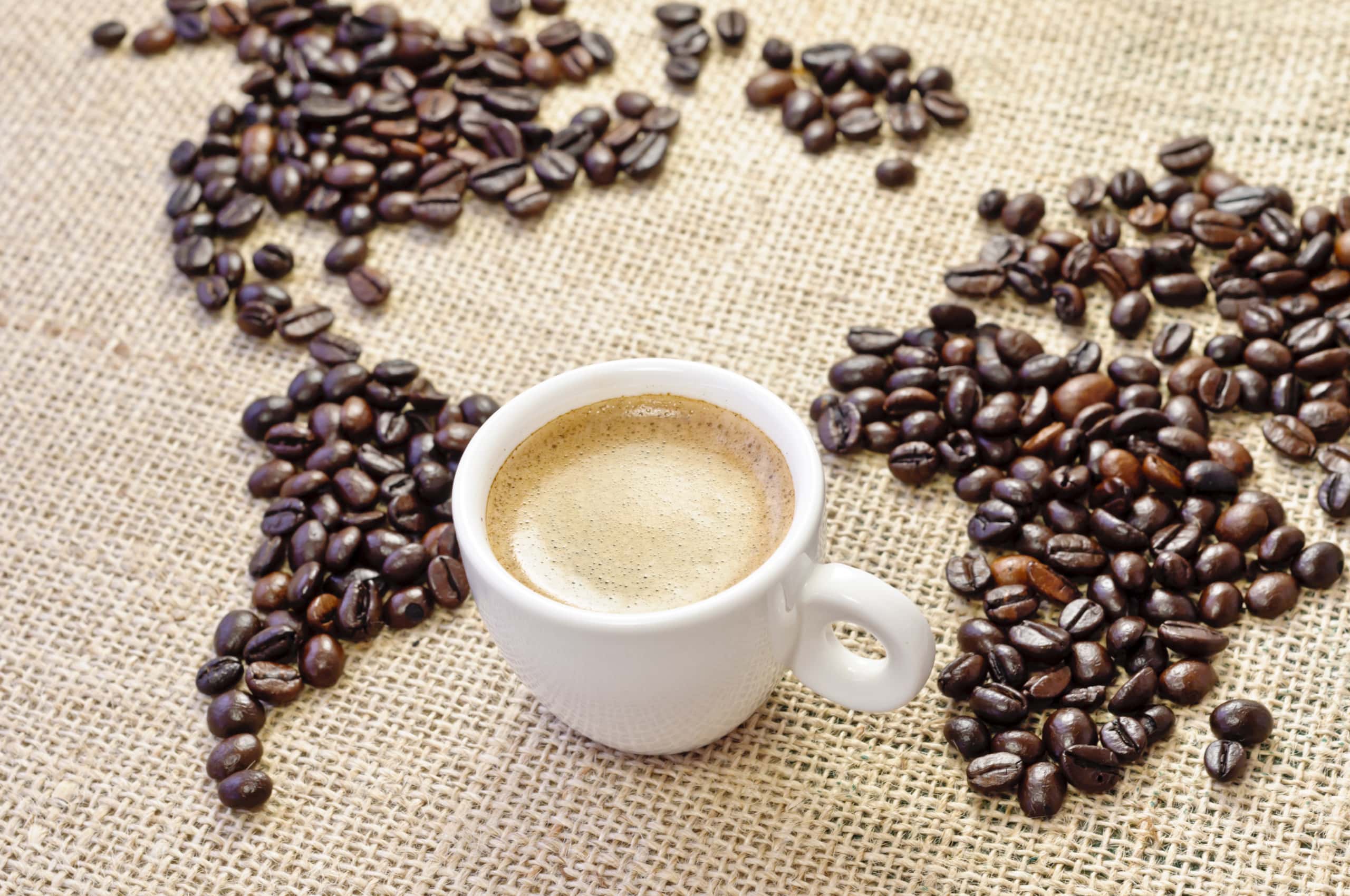 https://www.siamhillscoffee.com/wp-content/uploads/A-Coffee-Journey-–-10-Steps-From-the-Seed-to-Your-Cup-–-1-scaled.jpg
1700
2560
Siamhillscoffee
https://www.siamhillscoffee.com/wp-content/uploads/coffee-logo.png
Siamhillscoffee2021-02-12 02:31:102021-02-20 14:09:30A Coffee Journey – 10 Steps From the Seed to Your Cup –
https://www.siamhillscoffee.com/wp-content/uploads/A-Coffee-Journey-–-10-Steps-From-the-Seed-to-Your-Cup-–-1-scaled.jpg
1700
2560
Siamhillscoffee
https://www.siamhillscoffee.com/wp-content/uploads/coffee-logo.png
Siamhillscoffee2021-02-12 02:31:102021-02-20 14:09:30A Coffee Journey – 10 Steps From the Seed to Your Cup –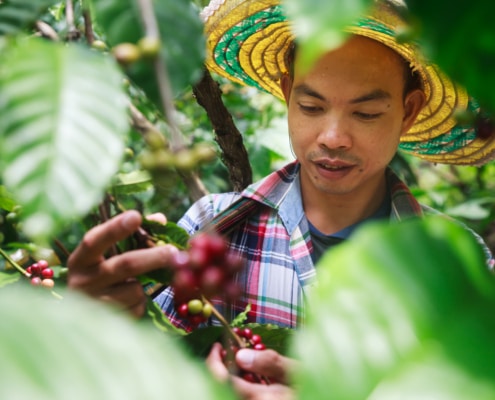 https://www.siamhillscoffee.com/wp-content/uploads/What-is-Shade-Grown-Coffee-–-Does-it-Make-our-Coffee-Taste-Better-–-1-scaled.jpg
1707
2560
Siamhillscoffee
https://www.siamhillscoffee.com/wp-content/uploads/coffee-logo.png
Siamhillscoffee2021-02-12 02:15:222021-03-03 13:36:34What is Shade-Grown Coffee? – Does it Make our Coffee Taste Better? –
https://www.siamhillscoffee.com/wp-content/uploads/What-is-Shade-Grown-Coffee-–-Does-it-Make-our-Coffee-Taste-Better-–-1-scaled.jpg
1707
2560
Siamhillscoffee
https://www.siamhillscoffee.com/wp-content/uploads/coffee-logo.png
Siamhillscoffee2021-02-12 02:15:222021-03-03 13:36:34What is Shade-Grown Coffee? – Does it Make our Coffee Taste Better? –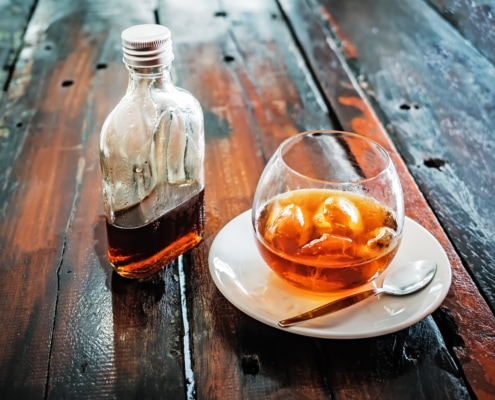 https://www.siamhillscoffee.com/wp-content/uploads/Cold_Brew_Coffee_An_Honest_Opinion_All_You_Need_To_Know_1.jpg
3144
4608
Siamhillscoffee
https://www.siamhillscoffee.com/wp-content/uploads/coffee-logo.png
Siamhillscoffee2019-11-06 05:01:152021-03-03 13:30:17Cold Brew Coffee – An Honest Opinion – All You Need to Know
https://www.siamhillscoffee.com/wp-content/uploads/Cold_Brew_Coffee_An_Honest_Opinion_All_You_Need_To_Know_1.jpg
3144
4608
Siamhillscoffee
https://www.siamhillscoffee.com/wp-content/uploads/coffee-logo.png
Siamhillscoffee2019-11-06 05:01:152021-03-03 13:30:17Cold Brew Coffee – An Honest Opinion – All You Need to Know https://www.siamhillscoffee.com/wp-content/uploads/Do-Coffee-Drinkers-Live-Longer-Siam-Hills-Coffee-Blog.jpg
3141
3170
Siamhillscoffee
https://www.siamhillscoffee.com/wp-content/uploads/coffee-logo.png
Siamhillscoffee2019-05-20 04:45:512021-03-03 12:42:18Do Coffee Drinkers Live Longer?
https://www.siamhillscoffee.com/wp-content/uploads/Do-Coffee-Drinkers-Live-Longer-Siam-Hills-Coffee-Blog.jpg
3141
3170
Siamhillscoffee
https://www.siamhillscoffee.com/wp-content/uploads/coffee-logo.png
Siamhillscoffee2019-05-20 04:45:512021-03-03 12:42:18Do Coffee Drinkers Live Longer?
